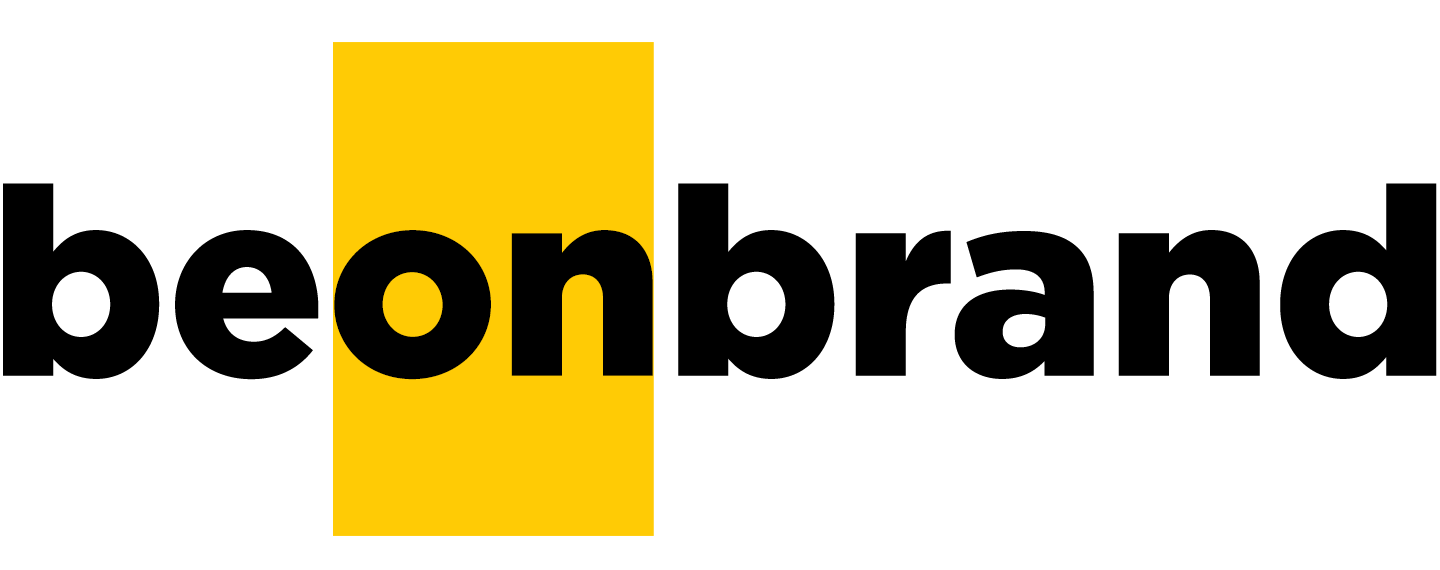
In the rapidly evolving landscape of adult education, effective content marketing is key to engaging and inspiring a unique demographic of lifelong learners. This article delves into the heart of crafting compelling content marketing strategies specifically tailored for adult education programs.

Understanding Your Audience: The Lifelong Learner
Adult learners are a unique breed with diverse experiences, challenges, and aspirations. They seek practical, relevant information that fits into their busy lives and helps them achieve their personal and professional goals. Understanding their motivations is the first step in creating content that resonates and motivates.
Storytelling: Connecting on a Human Level
Stories are powerful. They transcend mere information delivery, connecting emotionally with the audience. In adult education, use real-life success stories, challenges overcome, and transformative learning experiences to engage your audience on a deeper level.

Leveraging Video Content: A Visual Approach
Adult learners often prefer clear and concise information. Videos are an excellent tool to simplify complex topics, demonstrate practical skills, and visually engage learners who may have limited time for reading lengthy texts.
Educational Blogging: A Wealth of Knowledge
Blogs offer an expansive canvas to share in-depth insights, tips, and resources. They can become a valuable knowledge base, offering detailed explorations of topics relevant to adult learners.

Social Media: Building Online Communities
Platforms like LinkedIn and Facebook are ideal for engaging with adult learners. They foster a sense of community and provide a space for discussion, feedback, and sharing of experiences.
Email Marketing: Direct and Personal
Email campaigns can be tailored to keep learners informed and engaged. Personalized content, based on previous interactions and preferences, ensures relevancy and increases the likelihood of engagement.

Podcasts and Webinars: Learning in Motion
Podcasts and webinars cater to the dynamic lifestyle of adult learners. They offer convenient, on-the-go learning opportunities and can cover a range of topics from expert talks to skill-based training.
SEO: Reaching the Right Audience
Optimize your content with relevant keywords and phrases that adult learners are likely to use in their search queries. It’s about being visible and accessible when your audience needs you.

Testimonials: The Power of Experience
Sharing the achievements and testimonials of past students can significantly motivate and attract new learners. It adds credibility and provides a real-world glimpse into the potential impact of your programs.
Interactive Content: Engage and Educate
Interactive content like quizzes, assessments, and infographics make learning more engaging and memorable. They encourage active participation, a key element in adult learning.

Mobile-Friendly Content: Learning Anywhere
Ensure your content is accessible on mobile devices. With the increasing use of smartphones for learning, your content needs to be responsive and easily digestible on smaller screens.
Personalization: A Tailored Approach
Use data to understand and segment your audience, tailoring content to individual interests, needs, and learning paths. Personalization can significantly enhance engagement and satisfaction.

Partnerships: Expanding Your Reach
Collaborate with organizations, influencers, or industry professionals to broaden your reach and add diverse perspectives to your content.
User-Generated Content: Community Insights
Encourage your learners to share their experiences, challenges, and insights. This not only enriches your content but also fosters a strong sense of community and belonging.
Continuous Optimization: The Path to Excellence
Regularly analyze your content’s performance. Understand what works and what doesn’t, and continuously adapt your strategies for better engagement and effectiveness.

Conclusion
Content marketing for adult education requires a blend of empathy, clarity, and creativity. By focusing on these strategies, your content can effectively inform, inspire, and engage lifelong learners, fostering an environment of continuous growth and learning.

Share this article
Interested in learning more ?


